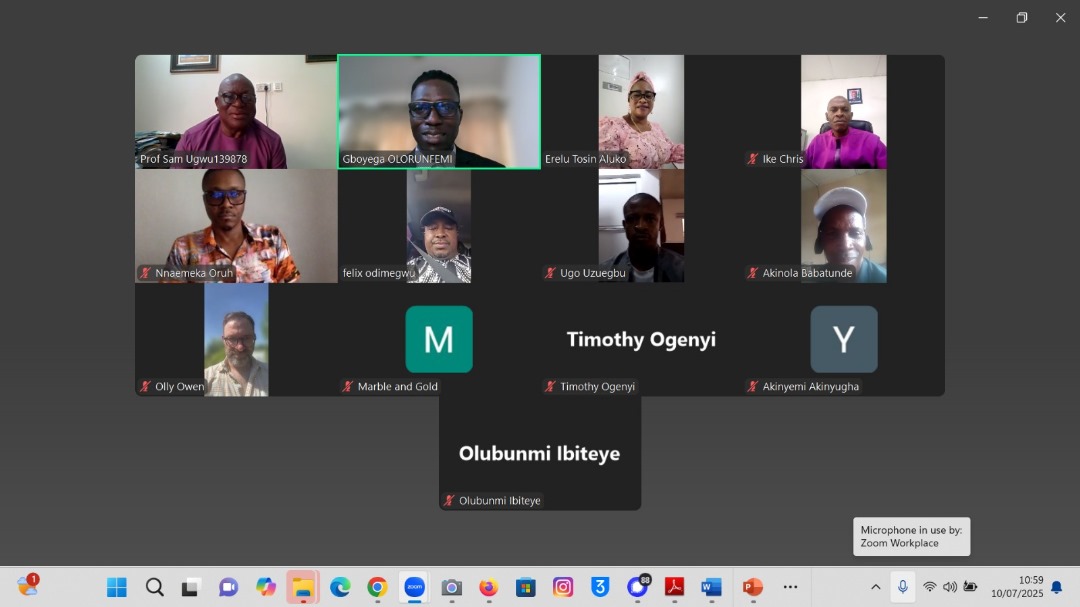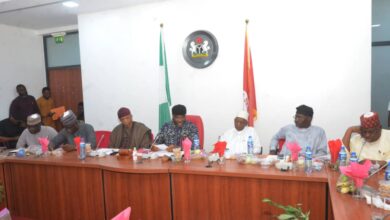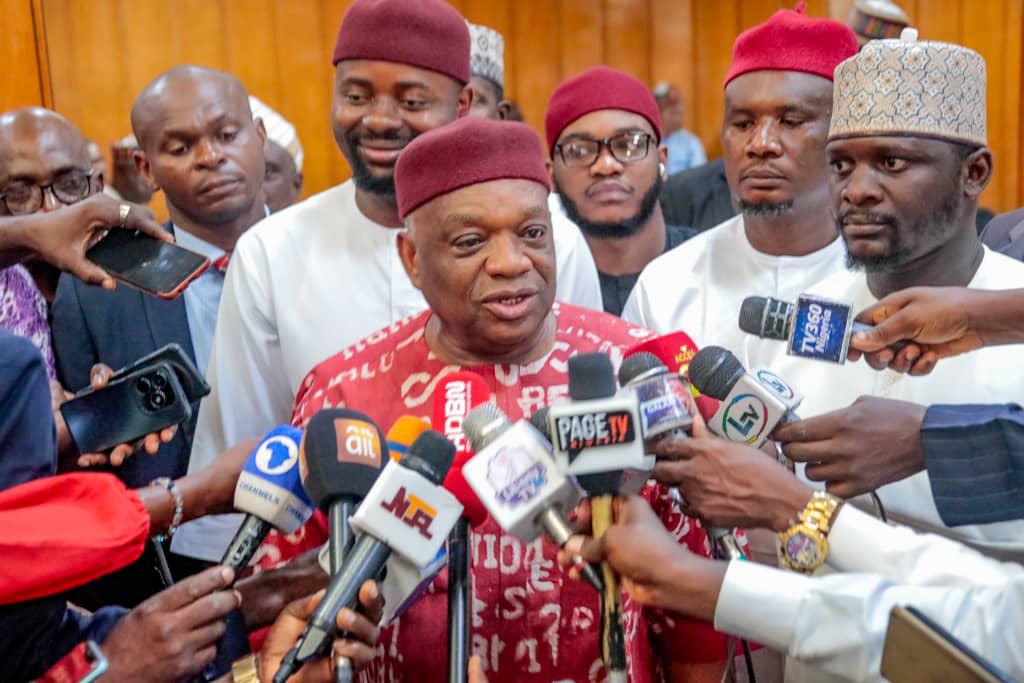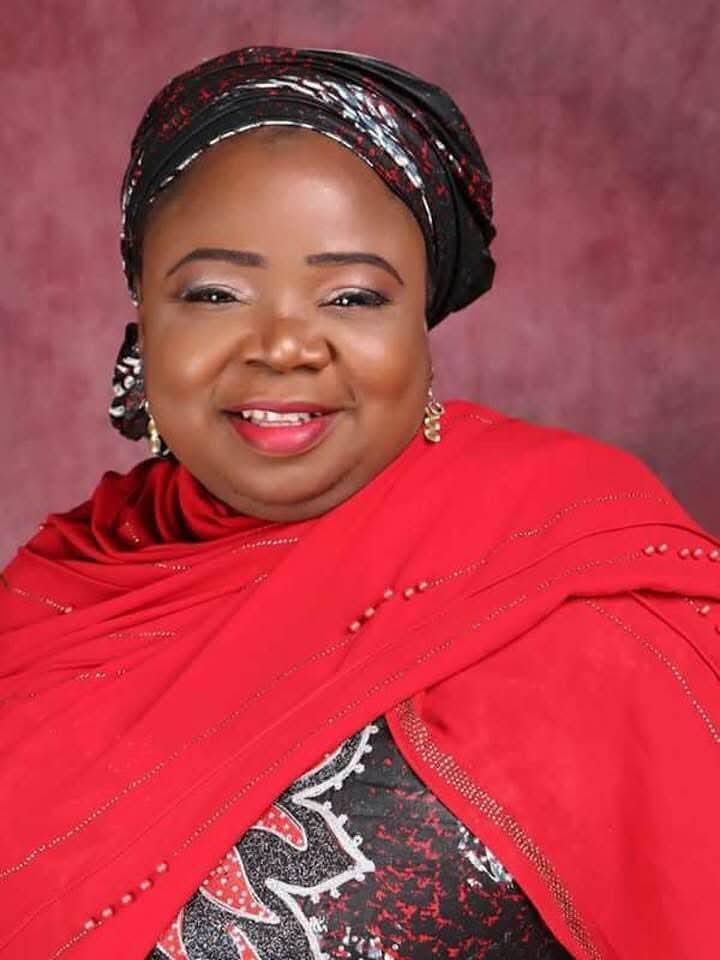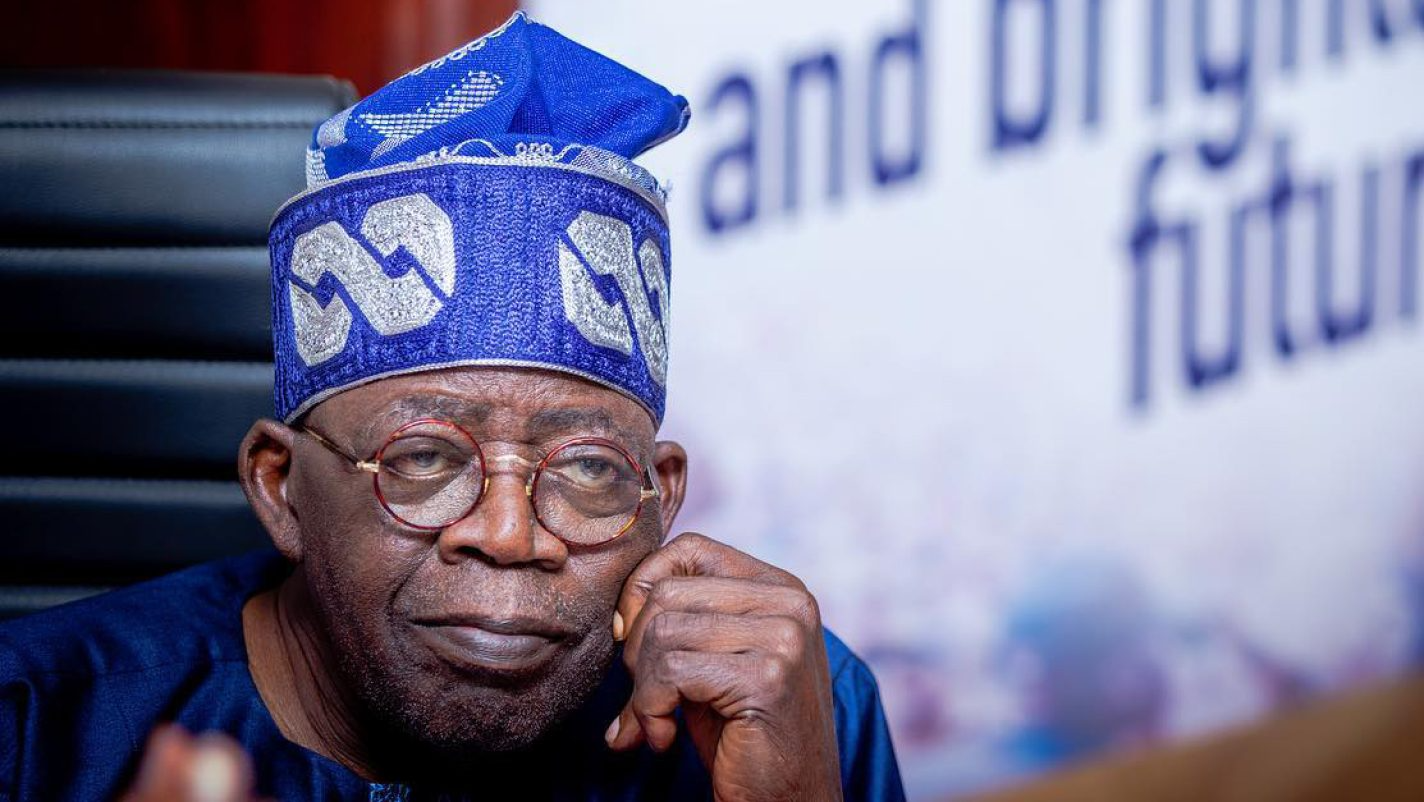
By Fatima Saka
On the evening of Tuesday, March 18, 2025, President Bola Ahmed Tinubu, in a live broadcast, declared a state of emergency in Rivers State.
With the ongoing political crisis escalating, the president announced a temporary suspension of Governor Siminalayi Fubara, Deputy Governor Ngozi Odu, and all elected lawmakers of the State House of Assembly for an initial period of six months. This move, he explained, was aimed at restoring constitutional order and governance in the state.
Tinubu’s Statement on the Crisis
In his address to the nation, President Tinubu expressed deep concern over the prolonged instability in Rivers State:
“Fellow Nigerians, I am greatly disturbed by the worsening political crisis in Rivers State. Like many of you, I had hoped that the involved parties would resolve their differences amicably. However, despite numerous interventions, peace remains elusive.”
He cited the demolition of the Rivers State House of Assembly on December 13, 2023, as a major constitutional violation. Despite the Supreme Court’s ruling on February 28, 2025, which affirmed that the governor had effectively dismantled the legislative arm, Tinubu noted that no efforts had been made to restore constitutional governance.
“A government cannot function without all three arms in place. The head of the executive arm has deliberately collapsed the legislature, effectively ruling as a despot. As it stands, there is no functional government in Rivers State,” Tinubu quoted the Supreme Court’s verdict.
He further lamented that:
The Rivers State House of Assembly had failed to pass an Appropriation Bill, disrupting governance.
Militants loyal to the governor had threatened violence against political opponents, with no condemnation from the state government.
Security reports indicated pipeline vandalization and escalating lawlessness.
Given these concerns, Tinubu stated that extraordinary constitutional measures were necessary:
“No responsible president can stand by while a state descends into chaos. After careful reflection, and considering that the Governor and Deputy Governor have failed to request a state of emergency under Section 305(5) of the 1999 Constitution, I am left with no choice but to invoke Section 305 and declare a state of emergency in Rivers State, effective immediately.”
Appointment of Military Chief Ibok-Ete Ibas as Administrator
To oversee the transition, Tinubu appointed Vice Admiral Ibok-Ete Ekwe Ibas (Rtd.) as the state administrator. He clarified that this declaration does not affect the judicial arm, which will continue to function normally.
“The Administrator will not make new laws but may issue regulations subject to approval by the Federal Executive Council and the President.”
The president concluded his address by expressing hope that this intervention would restore stability and governance in Rivers State.
Biography of Ibok-Ete Ekwe Ibas
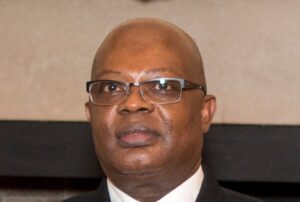
Ibok-Ete Ekwe Ibas, CFR, born on September 27, 1960, is a retired Vice Admiral and former Chief of Naval Staff (2015–2021).
He enlisted in the Nigerian Defence Academy in 1979 and was commissioned as a Sub-Lieutenant in 1983.
A specialist in underwater warfare, he trained in India, the United States, and Pakistan, obtaining a Master’s in Defense & Strategic Studies from Quaid-i-Azam University.
Over his career, he held key operational and administrative roles in the Nigerian Navy, including Naval Provost Marshal, Flag Officer Commanding Western Naval Command, and Chief of Logistics.
In 2022, he was honored with the national award of Commander of the Order of the Federal Republic (CFR).
His extensive military leadership experience makes him a strategic choice to stabilize Rivers State during this transition.
Explosion at Trans Niger Pipeline: A Tipping Point
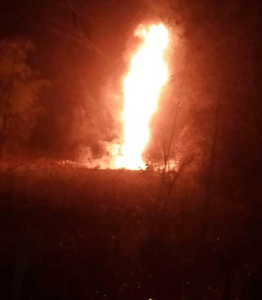
This federal transport line, critical for oil exports, has a capacity of 1.25 million barrels per day. Reports indicate that the explosion occurred near the Bodo-Bonny Road under construction.
The incident may have accelerated Tinubu’s decision, as instability in the region continues to threaten Nigeria’s economic interests and security.
Can Tinubu Restore Peace in Rivers State?
For peace to return, the federal government must adopt a multi-pronged strategy:
1. Address Root Causes – Tackle the political, economic, and security issues fueling the crisis.
2. Facilitate Dialogue – Engage all stakeholders, including opposition parties and community leaders, to reach a political settlement.
3. Strengthen Institutions – Restore democratic processes, uphold the rule of law, and reinforce anti-corruption measures.
4. Transparent Communication – Keep the public informed through regular briefings to build trust.
5. Leverage Diplomacy – Seek support from regional bodies like the African Union (AU) and the United Nations (UN) to mediate conflicts.
6. Ensure Security – Deploy security forces strategically, ensuring they protect civilians without violating human rights.
7. Implement Economic and Social Reforms – Address unemployment, poverty, and social grievances that contribute to unrest.
8. Demonstrate Leadership and Accountability – Hold all responsible parties accountable to prevent future crises.
The next six months will determine whether Tinubu’s intervention brings stability or further escalates tensions in Rivers State.

